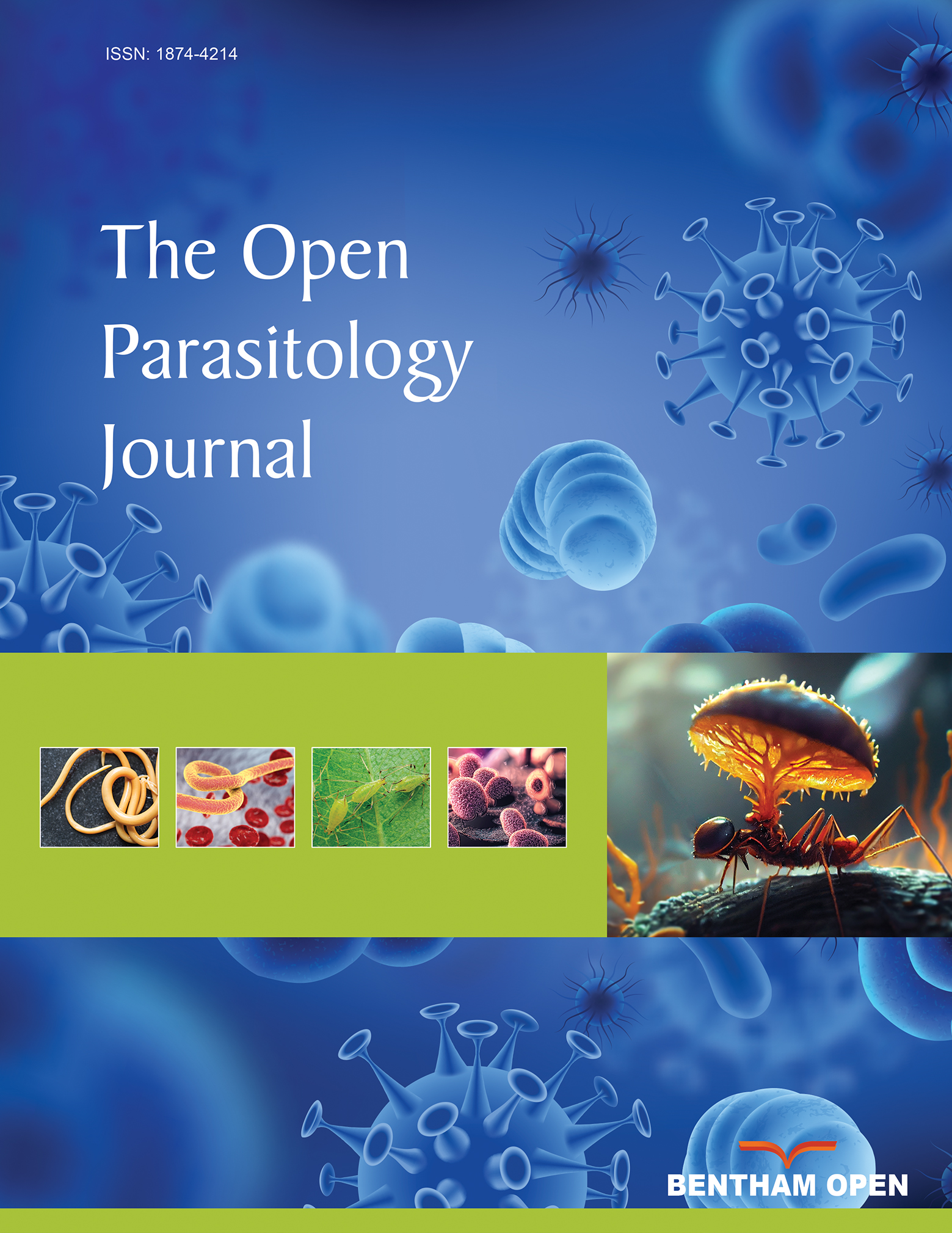All published articles of this journal are available on ScienceDirect.
Functional Genomics and Insights into Trypanosoma cruziGene Expression Regulation
Abstract
: The regulation of gene expression in trypanosomatids is predominantly post-transcriptional. Polycistronic transcripts are processed by the addition of a common 5’-spliced leader and polyadenylation. However, the processed mRNAs are not necessarily functionally related, suggesting the existence of mechanisms for the degradation or storage of untranslatable mRNAs. Determination of the TriTryps (Leishmania major, Trypanosoma brucei and Trypanosoma cruzi) genome sequences has allowed the identification of genes encoding potential regulatory proteins. This review discusses some of the mechanisms and regulatory elements involved in cytoplasmic gene expression regulation in Trypanosoma cruzi. We also discuss how functional genomic tools have contributed toward determining the role played by RNA binding protein complexes, supporting the concept of “post-transcriptional RNA operons” or “RNA regulons”. This suggests the existence of interconnected regulatory networks in the parasite, in which RNA granules act as protagonists in cytoplasmic mRNA metabolism.


